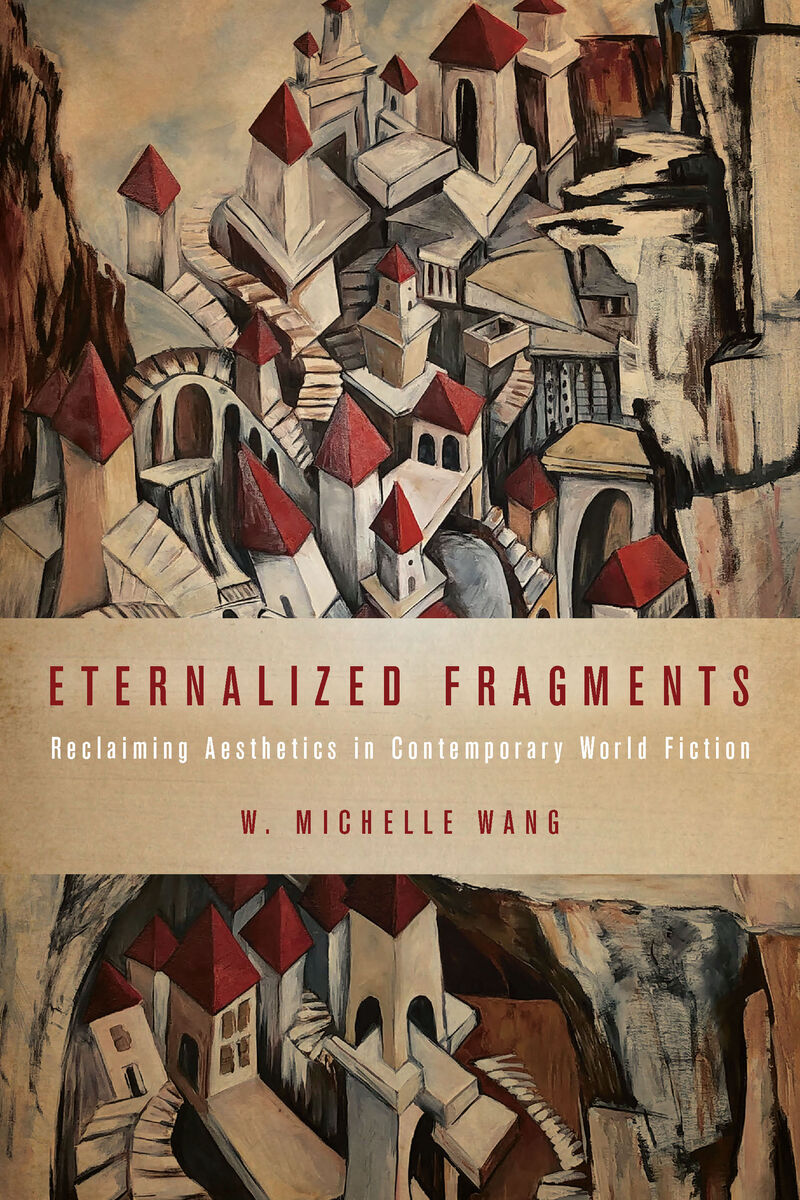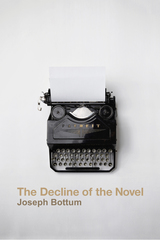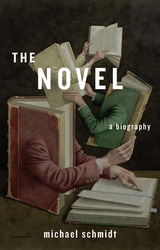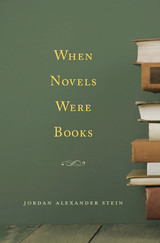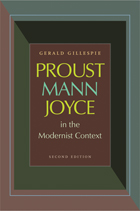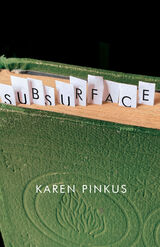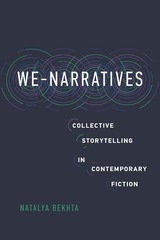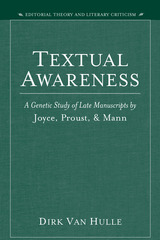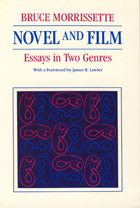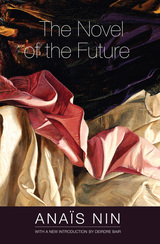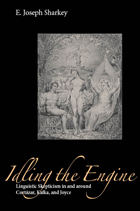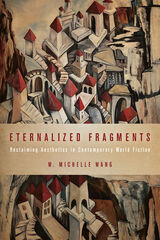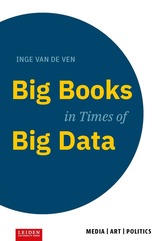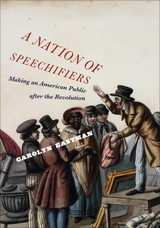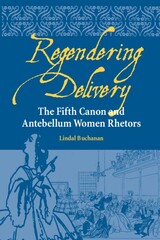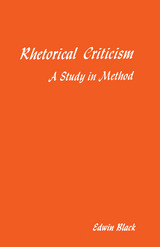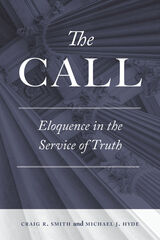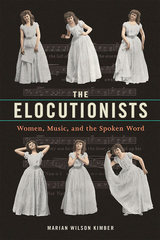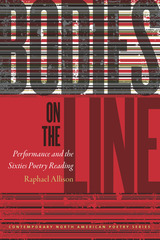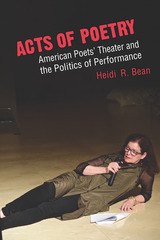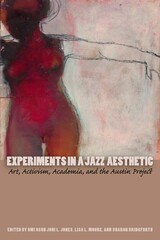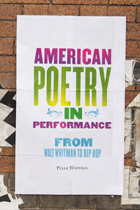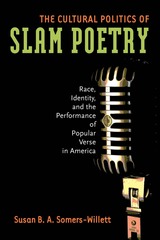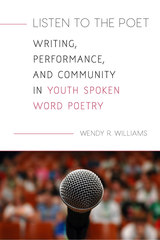Eternalized Fragments: Reclaiming Aesthetics in Contemporary World Fiction
The Ohio State University Press, 2020
eISBN: 978-0-8142-7791-1 | Paper: 978-0-8142-5585-8 | Cloth: 978-0-8142-1437-4
Library of Congress Classification PN3503.W35 2020
Dewey Decimal Classification 809.304
eISBN: 978-0-8142-7791-1 | Paper: 978-0-8142-5585-8 | Cloth: 978-0-8142-1437-4
Library of Congress Classification PN3503.W35 2020
Dewey Decimal Classification 809.304
ABOUT THIS BOOK | AUTHOR BIOGRAPHY | REVIEWS | TOC
ABOUT THIS BOOK
Eternalized Fragments explores the implications of treating literature as art—examining the evolving nature of aesthetic inquiry in literary studies, with an eye to how twentieth- and twenty-first-century world fiction challenges our understandings of form, pleasure, ethics, and other critical concepts traditionally associated with the study of aesthetics.
Since postmodern and contemporary fiction tend to be dominated by disjunctures, paradoxes, and incongruities, this book offers an account of how and why readers choose to engage regardless, articulating the cognitive rewards such difficulties offer. By putting narrative and philosophical approaches in conversation with evolutionary psychology and contemporary neuroscience, W. Michelle Wang examines the value of attending to aesthetic experiences when we read literature and effectively demonstrates that despite the aesthetic’s stumble in time, our ongoing love affair with fiction is grounded in our cognitive engagements with the text’s aesthetic dimensions.
Drawing on a diverse range of works by Gabriel García Márquez, Kazuo Ishiguro, Arundhati Roy,Cormac McCarthy, Jeanette Winterson, Jennifer Egan, Italo Calvino, Flann O’Brien, and Alasdair Gray, Eternalized Fragments lucidly renders the aesthetic energies at work in the novels’ rich potentialities of play, the sublime’s invitation to affective renegotiations, and beauty’s polysemy in shaping readerly capacities for nuance.
Since postmodern and contemporary fiction tend to be dominated by disjunctures, paradoxes, and incongruities, this book offers an account of how and why readers choose to engage regardless, articulating the cognitive rewards such difficulties offer. By putting narrative and philosophical approaches in conversation with evolutionary psychology and contemporary neuroscience, W. Michelle Wang examines the value of attending to aesthetic experiences when we read literature and effectively demonstrates that despite the aesthetic’s stumble in time, our ongoing love affair with fiction is grounded in our cognitive engagements with the text’s aesthetic dimensions.
Drawing on a diverse range of works by Gabriel García Márquez, Kazuo Ishiguro, Arundhati Roy,Cormac McCarthy, Jeanette Winterson, Jennifer Egan, Italo Calvino, Flann O’Brien, and Alasdair Gray, Eternalized Fragments lucidly renders the aesthetic energies at work in the novels’ rich potentialities of play, the sublime’s invitation to affective renegotiations, and beauty’s polysemy in shaping readerly capacities for nuance.
See other books on: 21st century | Aesthetics in literature | Comparative Literature | Semiotics & Theory | Wang, W. Michelle
See other titles from The Ohio State University Press
